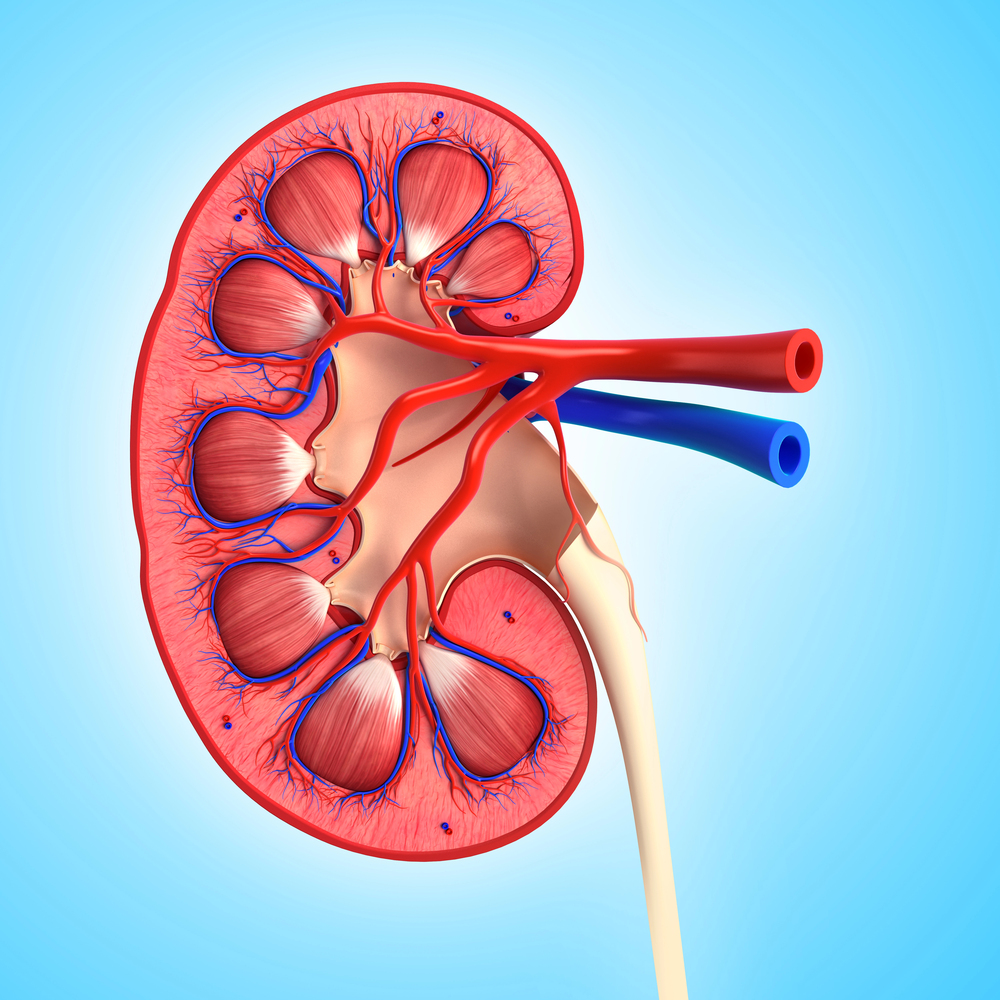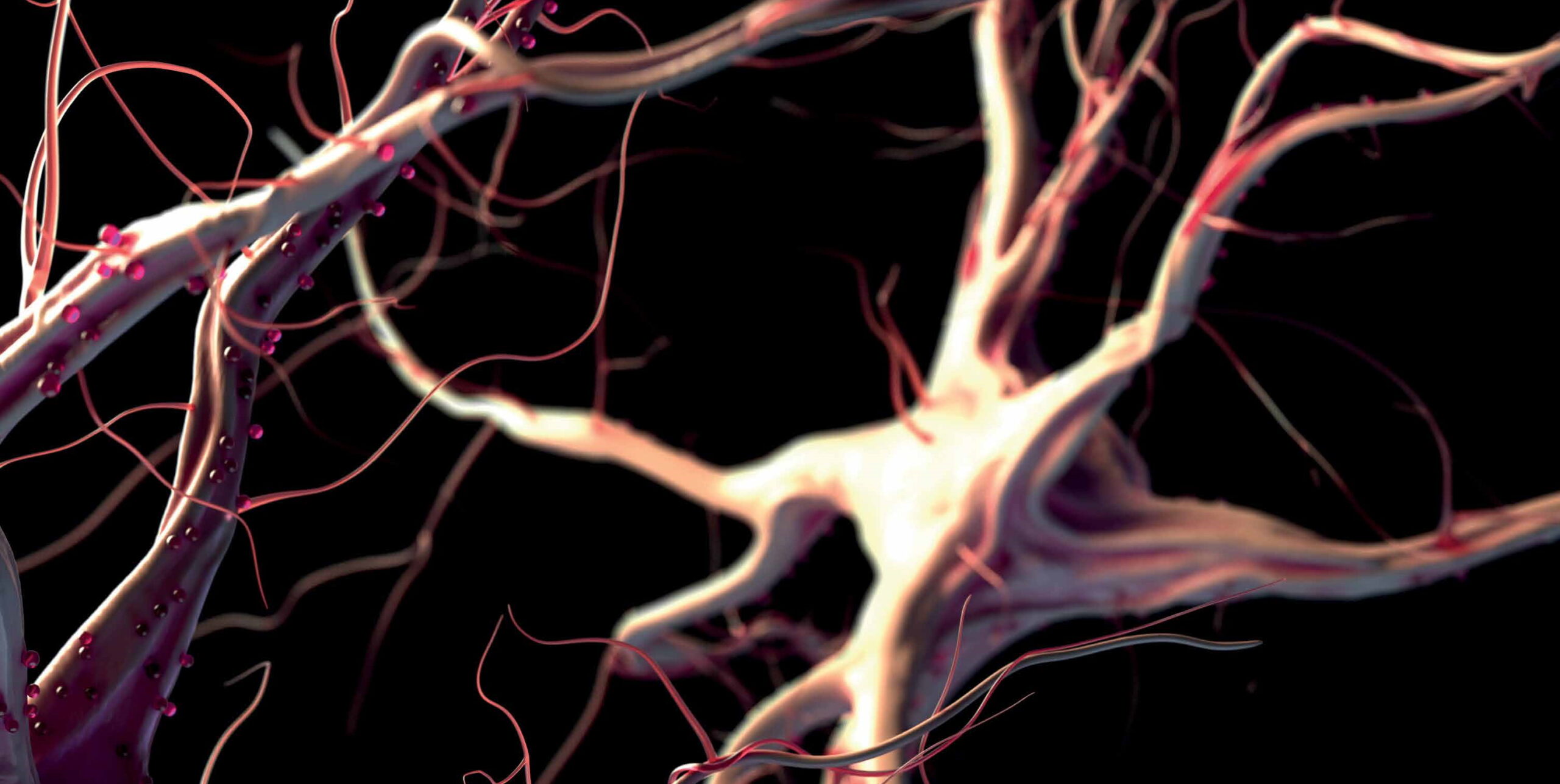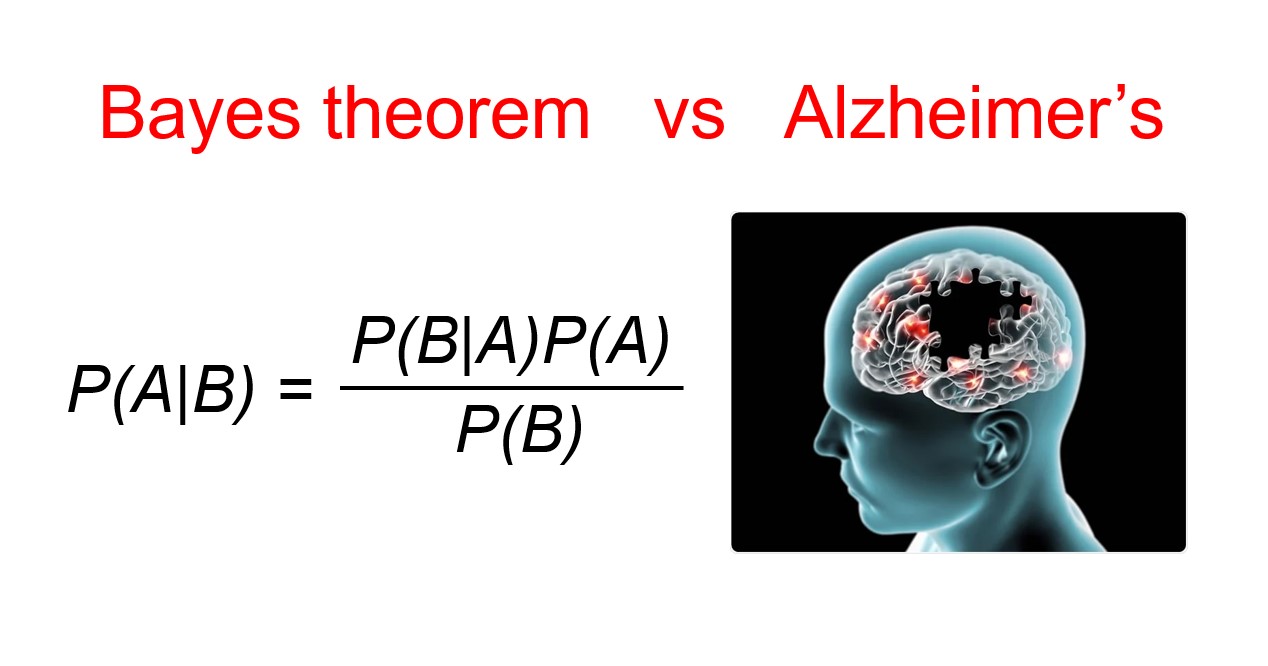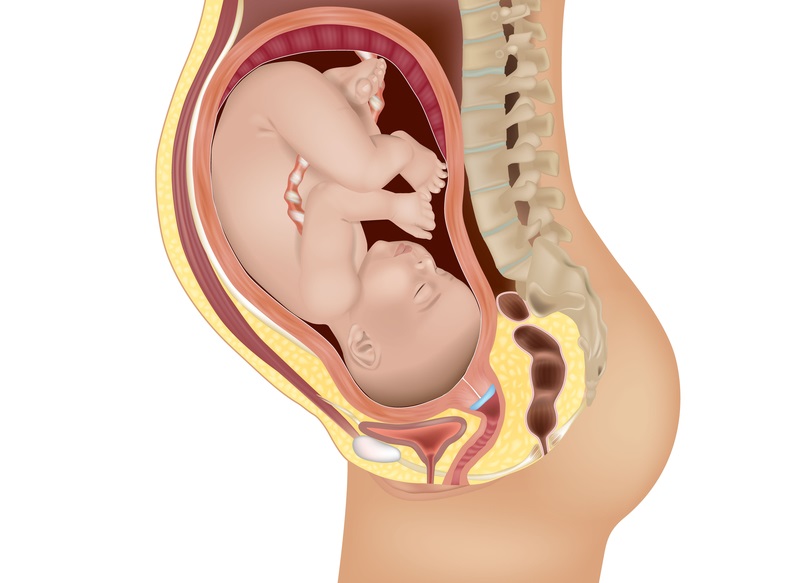Health and Medicine
Explore Health and Medicine

Dr. Serena Kuang | Inside the Kidney’s ‘Countercurrent’ Mystery: A New Model for Teaching and Studying Water Balance
Our kidneys filter blood to remove waste and can regulate water balance. We’ve all experienced that when we’re thirsty urine becomes concentrated, signalling us to drink more water. When we drink excess water, we urinate more frequently, and the urine is diluted. The kidneys’ ability to concentrate or dilute urine according to our body’s need relies on countercurrent multiplication (or CCM), a complex process that generates a salt concentration gradient in the kidney. However, CCM is challenging to teach and understand. Dr. Serena Kuang, a researcher and educator at Oakland University William Beaumont School of Medicine, has developed a more understandable CCM model and clears up errors in existing explanations making CCM easier to understand and teach.

Dr Neil Cunnigham | The Heart of the Matter: How Simulation Reflects Clinical Stress in Critical Care Training
In the high-stakes world of critical care, medical professionals are frequently called upon to perform life-saving procedures under intense pressure. Among these, airway intubation stands out as one of the most critical and technically demanding tasks. This procedure, which involves inserting a tube into a patient’s airway to ensure that they can breathe, is often performed in emergency situations where seconds count. The ability to intubate swiftly and accurately can mean the difference between life and death. However, this task is also fraught with stress, particularly for trainees who are still developing their skills. To better understand how these trainees cope with the stress of intubation, Dr Neil Cunningham of the University of Melbourne and colleagues conducted a groundbreaking study comparing physiological stress responses in simulated and clinical environments. Their findings offer valuable insights into the effectiveness of simulation-based training, which has become a cornerstone of medical education.

Dr. Ivy Razmus | Reducing Pressure Injuries in Hospitalized Children and Babies
The development of pressure injuries in hospital patients is a regular occurrence, and certain areas of the body are more susceptible. Although there is abundant research on pressure injuries in adult patients, studies relating to infant and child patients are lacking. Dr. Ivy Razmus at the University of Detroit Mercy has conducted extensive research on the prevention of pressure injuries in patients under the age of 12 years. She highlights the crucial role of advanced practice nurses in managing this widespread problem.

Pulque: The Ancient Drink That Could Shape the Future of Health
Pulque, an ancient Mexican beverage, is making waves in the scientific community—not just as a cultural relic, but as a potential health-boosting powerhouse. A team of researchers, including Prof. Rogelio Valadez-Blanco, Dr. Yesica Ruiz-Ramírez, and Prof. Paula Guadarrama-Mendoza, from Universidad Tecnológica de La Mixteca, has been investigating the hidden potential of the bacteria found in this traditional drink. Their findings suggest that pulque’s naturally occurring lactic acid bacteria could play a key role in promoting gut health and even combating harmful pathogens that cause foodborne illnesses.

Dr. Robert Kass | Beating arrhythmias with a heart in a dish
In the future, doctors will be able to create tiny replicas of your tissues in the lab, and then test them against a range of drugs, revealing exactly which treatments would work best for you before you even visit a drug store. This future of personalised medicine is driven by researchers such as Dr. Robert Kass of the Columbia University Medical Center. Kass and colleagues have pioneered the use of stem cells to develop personalized treatments for a genetic heart condition that disrupts normal heart rhythms. The researchers reprogrammed a patient’s skin cells into stem cells called induced pluripotent stem cells (or iPSCs for short), and they then induced the iPSCs to turn into heart cells. This allowed the research team to study how genetic mutations in the resulting heart cells affect the heart’s ion channels. Their research revealed that a mutation in a specific sodium channel was causing dangerous heart rhythms and that combining the drug mexiletine with a pacemaker device to increase heart rate, provided an effective and personalised treatment.

Dr James E. Goldman | Dr Osama Al-Dalahmah – Confronting the Challenge of Huntington Disease
Huntington disease (HD) is an inherited and progressive neurological disorder which is currently fatal. Dr James E. Goldman and Dr Osama Al-Dalahmah, both at Columbia University, USA, are utilising new techniques in molecular biology to better understand the brain pathology associated with HD. Their vision is to develop therapeutics that can slow the progression of the disease, and ultimately, treat and even prevent it.

Saffiatou Darboe | Rising Above Resistance: How Bacterial Research is Saving Lives in The Gambia
Antimicrobial resistance (or AMR for short) is a pressing global health challenge that poses significant risks, particularly in low- and middle-income countries. The extensive research conducted by Saffiatou Darboe of the London School of Hygiene and Tropical Medicine, The Gambia, and her colleagues, has been pivotal in understanding and addressing this issue within The Gambia and other regions in sub-Saharan Africa. This episode delves into four comprehensive studies conducted by Darboe and colleagues, shedding light on the impact of AMR, the importance of antibiograms, and specific outbreaks of resistant pathogens.

Prof. Miranda Reed | Shaping Young Minds: How Prenatal Cannabis Use Affects Brain Development
As cannabis prohibition begins to unravel across the world, cannabis use has become more common and normalised. Researchers are assessing the impact of this on vulnerable populations, such as pregnant women. Strikingly, cannabis is among the most commonly used substances during pregnancy, raising serious concerns about its effects on unborn children and the long-term consequences this could have. Prof. Miranda Reed of Auburn University, and colleagues, have assessed how cannabis exposure in the womb can affect brain development and cognitive abilities, such as memory.

Dr Tony Croft | A New Frontier in Treating Acute Ulcerative Colitis: Predicting Corticosteroid Treatment Failure
Ulcerative colitis is a chronic inflammatory bowel disease that affects the colon and rectum, leading to symptoms such as severe bloody diarrhoea and abdominal pain. For many patients, the disease can become acute, with symptoms worsening rapidly and requiring hospitalization. In these cases, corticosteroids—powerful anti-inflammatory drugs—are often the first line of treatment. However, the effectiveness of corticosteroids varies significantly among patients, and a considerable number do not respond to this treatment, putting them at risk of severe complications, including the need for surgery.

Prof. Ian Rabinowitz | Unveiling the Hidden Factors in Pancreatic Cancer
Pancreatic cancer, particularly pancreatic ductal adenocarcinoma, stands as one of the most lethal cancers. Despite being only the ninth most common cancer in the United States, it is the fourth leading cause of cancer-related deaths. This discrepancy is due to its aggressive nature and the challenge of early diagnosis. By the time symptoms become apparent, the disease is often at an advanced stage, making it difficult to treat effectively. With a five-year survival rate of just 9% for late-stage diagnoses, researchers such as Prof. Ian Rabinowitz and his team at the University of New Mexico are determined to uncover the mysteries behind this formidable disease.

Innovative Clinical Trial Design via Artificial Intelligence Identifies Effective Drug and Its Most Efficacious Dose for Treating Early Alzheimer Disease
Phase 3 clinical trials are the most expensive part of drug development, and the most important hurdle to regulatory approval. More than 95% of phase 3 trials in Alzheimer’s disease fail. The main reason is a poor foundation, namely, inadequate or misleading phase 2 trials. Dr. Donald Berry, Founder of Berry Consultants and Founder and Professor of the Department of Biostatistics at the University of Texas MD Anderson Cancer Center, along with his son Dr. Scott Berry, President of Berry Consultants, are committed to turning the tide. Their revolutionary methodology involves adaptive clinical trial design within a Bayesian statistical approach.

Dr. Kamalini Das | Bridging the Gap: Insights into Pubic Symphysis Separation Postpartum
Childbirth is a remarkable event that brings joy and new beginnings but also poses significant physical challenges to the mother’s body. One such challenge is the separation of the pubic symphysis, a joint located between the left and right pubic bones. Dr. Kamalini Das of Regions Hospital, Minnesota, and her colleagues conducted a groundbreaking study to investigate pubic symphysis separation in women who delivered vaginally versus those who had cesarean sections. Their research provides important insights into the nature of this physiological change and its development postpartum.
Increase The Impact Of Your Research!
Explore partnership opportunities
Unwind without the hassle. Enjoy fresh audiobooks, delivered free!
